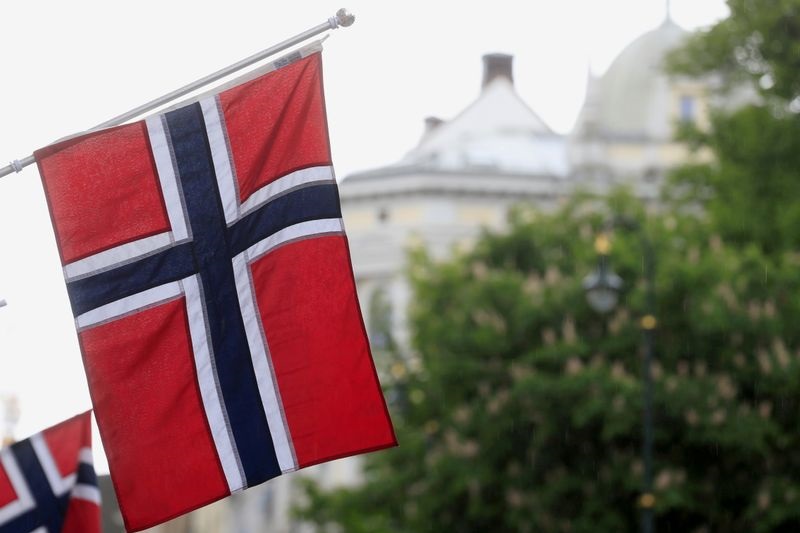By Geoffrey Smith
Investing.com -- European natural gas prices eased - but only moderately - on Wednesday after the Norwegian government intervened to end a strike by the country's oil and gas workers.
By 8:04 AM ET (1204 GMT), August TTF Natural Gas Futures in the Netherlands, which serves as a benchmark for northwest Europe, were down 1.3% at 163 euros a megawatt-hour. While that is some 10% below the four-month high that they hit on Tuesday, it's still around eight times the level at which the contract had traded for most of the last decade before Russia's threats against Ukraine started to ramp up late last year.
Norway's government announced late on Tuesday that it would impose binding arbitration on the pay dispute between workers of the Lederne union and oil and gas employers after their failure to reach an agreement in this year's pay negotiations. Workers had threatened to expand the strike as a result, shutting down fields that would also have been essential to the U.K.'s gas supply.
U.K. Natural Gas Futures retreated more sharply on the news of the strike's end, falling 9% to some 264 pence a therm. That's around four times the contract's prevailing level over the last five years.
The Ministry of Petroleum and Energy said it would have "indefensible to cease gas production in the scope entailed by this strike over the next few days."
"Production is falling dramatically, and this is highly critical in a situation where the EU and the U.K. are entirely dependent on their energy partnership with Norway," Labor Minister Marte Mjøs Persen said in a statement.
Analysts say there is little chance of prices coming down meaningfully as long as Russia, which supplied over one quarter of the EU's gas last year, continues to restrict shipments.
European Commission President Ursula von der Leyen warned on Wednesday that things are more likely to get worse before they get better.
"We have to prepare ourselves for more interruptions of gas supply from Russia, even on a complete stop," von der Leyen told the EU parliament.
She noted that the EU's gas storage facilities are only around 55% full currently, the usual summer injection season having ended abruptly as Russia cut supplies to Germany and Italy by over half.
In a normal year, the bloc would use imports from Russia over the summer to fill its storage facilities in preparation for the winter heating season. Its inability to do that this summer has sharply increased the risk that member states - notably Germany - will have to impose rationing during the winter peak.
